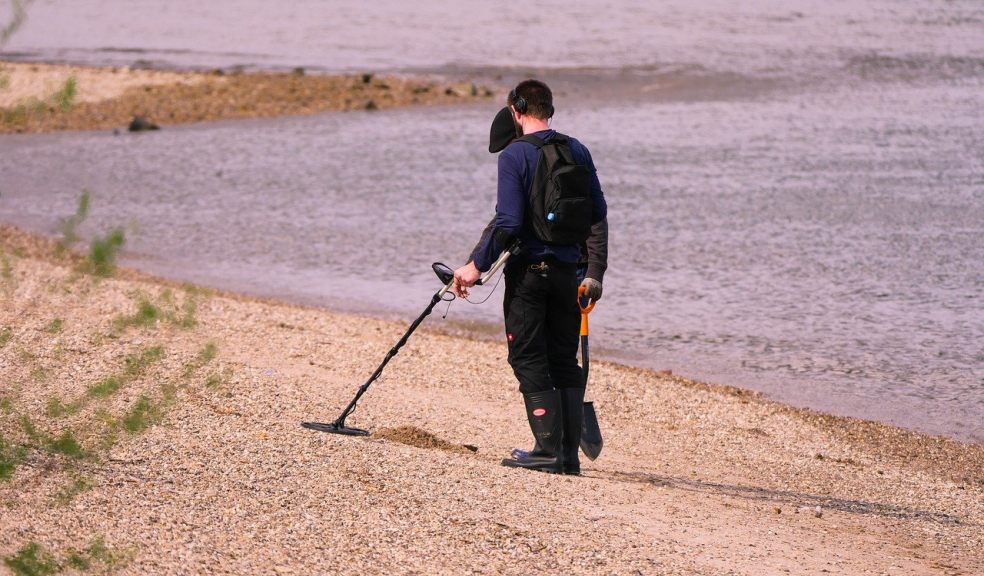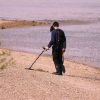
Metal detecting secrets for beginners
Metal detecting is a hobby that you can enjoy any time, anywhere, and it is great for people of all ages who are looking to go on adventures with their friends or family members. There are tons of secrets for beginners that you can learn about in order to make your first foray into this fascinating hobby as easy as possible!
Maybe you have heard about the thrilling hobby that is metal detecting, but are unsure of how to get involved. Or perhaps you are a newcomer who needs some help getting started. Whatever your situation may be, this article can provide you with invaluable information and tips that you can use today!
How to get started metal detecting
Whether you are a child or an adult it is an engaging and exciting hobby for people of all interests. There are several different pieces of equipment that you will need for this activity, namely:
- Metal detector
- Pinpointer
- Shovel
There are many detectors to choose from, different ones being better suited for certain people. You should always consider factors such as cost and weight before making a final decision! If you are a newcomer, then most authorities recommend that you speak to an experienced detectorist who can teach you how to use your equipment safely. Check out the article from Metal Pursuits on the best beginner metal detectors. It’s our go to recommendation for anyone just starting out and looking for a detailed guide on choosing affordable beginner metal detector.
Pinpointing is an important skill that you must master if you want to become a good detectorist. The wrong way to do it is to dig up an area of ground, no matter how small it may be. This will result in the unnecessary destruction of historical artifacts and relics, which you are trying to find in order to gain knowledge about your ancestors.
Digging is necessary, of course - but you must be more careful than ever when doing so! You should start by using a shovel that has a blade no larger than 6 inches, removing only small portions of earth at a time. Never thrust the shovel into the ground because this could cause your findings to become damaged.
How to use your metal detector
The use of a detector is usually one of the biggest factors in determining how successful you are at finding precious artifacts!
There are several steps that you will need to take if you want to learn how to use your detector with the utmost effectiveness.
First, make sure that it is turned on and ready for operation before beginning your search! You should also ensure it has been calibrated before digging into the ground.
When you are ready to start metal detecting, make sure that you do not sweep the coil over top of any iron objects, as this could interfere with your device. You should also be prepared to deal with a muddy or wet environment if you plan on going anywhere near a body of water!
In order to effectively use your detector, you will need to familiarize yourself with all of the different functions and settings. This way, it will be much easier for you to make quick adjustments if something is not working properly.
After some practice you will be able to read your device effortlessly. You should then know exactly when and where to sweep the detector in order to make a discovery!
Types of metal detectors
In general, there are three main kinds:
- VLF (very low frequency)
- PI (pulse induction)
- BFO (beat-frequency oscillator)
Each type of detector works differently, and maybe preferable for different kinds of people as well as conditions! However, some models can serve multiple purposes. If you are a newcomer, you will typically be making the most progress when using a VLF-type detector.
VLF detectors are the best choice because they have a greater ability to discriminate between various metals and inorganic materials that might otherwise interfere with your activities. This is very important for beginners who want to avoid mistakes that could end up causing damage to their equipment!
PI metal detectors, on the other hand, can detect both metallic and non-metallic objects. This is one of the reasons why they are so versatile and easy to operate. A PI detector has a larger coil than a VLF model does: therefore, you will need to sweep an area more slowly when using one to get better results.
BFO detectors are even simpler to operate, but the objects that they are able to detect are not as discriminating as those that other kinds can find. These can be perfect for beginners who need a quick way to locate precious artifacts in an area...but may have some limitations when compared with other models!
What should I search for?
So now that you are ready to roll, what are some of the most important things you can look for while out on the job? The following items can really boost your detecting expertise, especially if you are a newcomer!
Gold jewellery: This is usually one of the most searched for types of objects. Because so much gold was melted down during the Great Depression, you can find an abundance of this valuable metal if you know where to look.
Civil War relics: The American Civil War was a turning point for both the Union and Confederate armies. Because of this, there are plenty of ways you can go about searching for these types of items if you know what to look for!
Storing your metal detector
If you plan to take a day off from searching for valuable artifacts, then you should make sure that your equipment is properly stored. The last thing that you want is to find out that something has happened to it while it is not in use!
The best way to store your detector is by putting it in a dry place that is free from dust and other contaminants. You should then plug the device into a nearby power outlet to make sure it never runs out of juice!
Conclusion
So now that you know all about how to use your new metal detector and what kinds of items you can look for as a beginner, why not go on an adventure with your new device? It will be a great way to make new memories with your friends or family members!
The best advice you can receive from a professional detectorist is to learn as much as possible about your surroundings before going out on the job. A little bit of knowledge will go a long way towards helping you make some incredible discoveries on any given day!



















